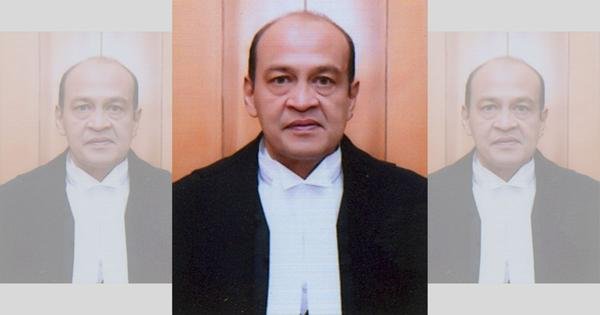Indian Judiciary’s Independence and Integrity Under Scrutiny
In-House Inquiry into Justice Yashwant Varma
The Indian judiciary is currently facing a major test of its independence and integrity, following the announcement of an internal investigation into Justice Yashwant Varma. The inquiry aims to examine allegations of undisclosed cash found on his official premises.
Judicial Propriety Questioned
The way the case facts were made public and the unprecedented release of raw video evidence by the Supreme Court on its website raise concerns about judicial propriety. There is no rule of transparency that requires the disclosure of raw evidence during an ongoing investigation. In fact, the Right to Information Act specifically excludes the disclosure of evidence while an investigation is pending.
Implications for Future Judicial Proceedings
The Supreme Court’s actions set a worrying precedent for the future, suggesting that any allegation against a High Court judge can be made public before they have a chance to examine the evidence or cross-examine the accusers. This may cause judges to hesitate when dealing with powerful litigants, such as governments or corporations.
- This could potentially impact the decisional independence of all judges serving in the High Courts.
- The investigation into Justice Varma is not just about him, but also about the future of the judiciary.
Lessons from District Courts
The district courts offer a glimpse into how reckless disciplinary action against judges can affect their decisional independence. In the case of district courts, it is the High Courts that conduct disciplinary inquiries. There is significant anecdotal evidence of High Courts being unfair during such in-house inquiries into complaints against district court judges.
- For instance, the case of District Judge K Ganesan in Tamil Nadu, who was accused of bribery after granting bail to a person accused of murder and sexual assault of a minor.
- Despite the lack of direct evidence and the main allegations being based on hearsay, the disciplinary inquiry by the Madras High Court resulted in Judge Ganesan’s dismissal in April 2017.
Concerns About Justice Varma’s Inquiry
The precedents from the district judiciary should raise concerns about Justice Varma’s inquiry. Unlike inquiries against district judges, which follow the procedure prescribed under the now-repealed Public Servants (Inquiries) Act, 1850, the Supreme Court adopted an in-house procedure in 1999 to investigate allegations against High Court judges.
- This in-house procedure is silent on the procedural and evidentiary rights of the accused judge.
- When allegations of corruption or unaccounted currency are based entirely on oral testimony, the only viable defense is cross-examination. However, the current case strips the defense of the right to cross-examine, making it impossible to rebut allegations based primarily on oral testimony.
Impact on Judges’ Decisional Independence
While allegations of judicial corruption should be dealt with severely, a flawed inquiry based on unfair procedural and evidentiary norms will have a demoralizing effect on other High Court judges. This fear may lead to increased reluctance among judges of the higher judiciary to adjudicate cases involving powerful interests in government or the corporate world.
The writers are co-authors of Tareekh Pe Justice: Reforms for India’s District Courts published by Simon & Schuster (2022).



